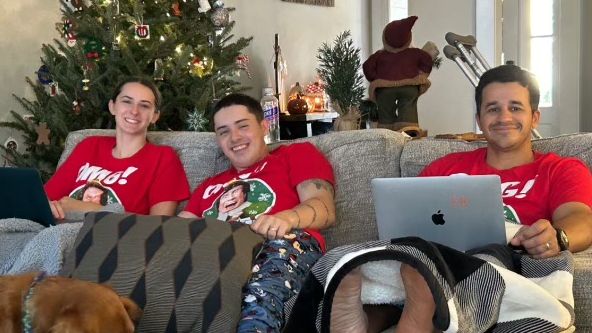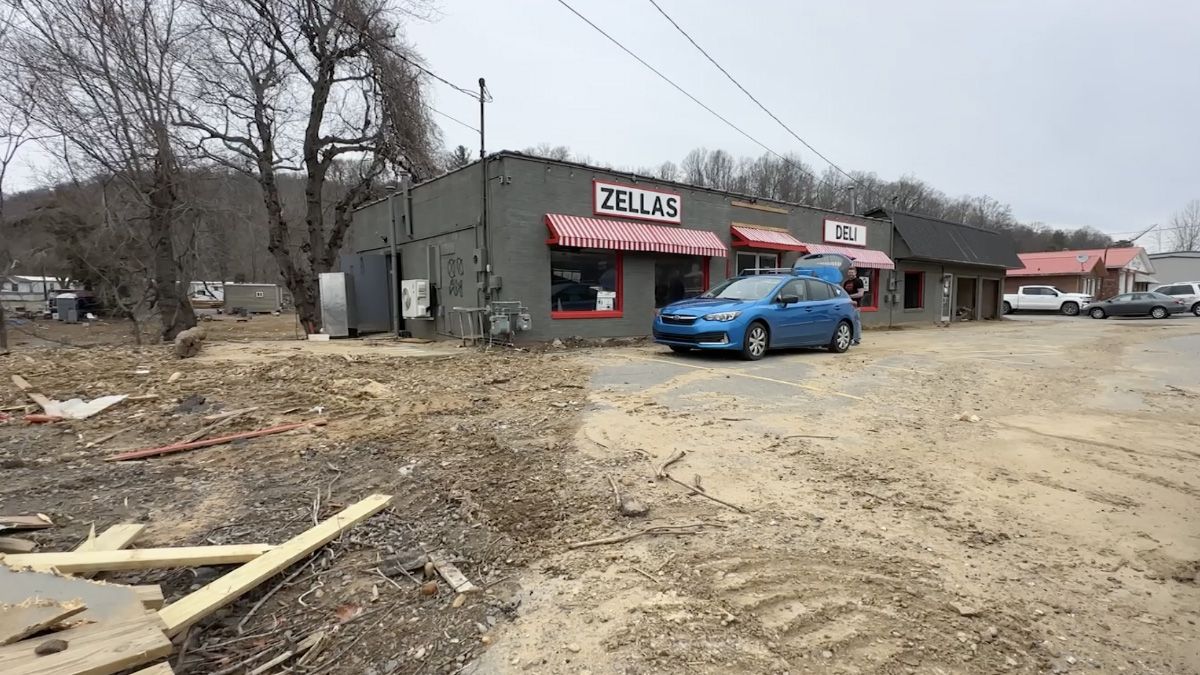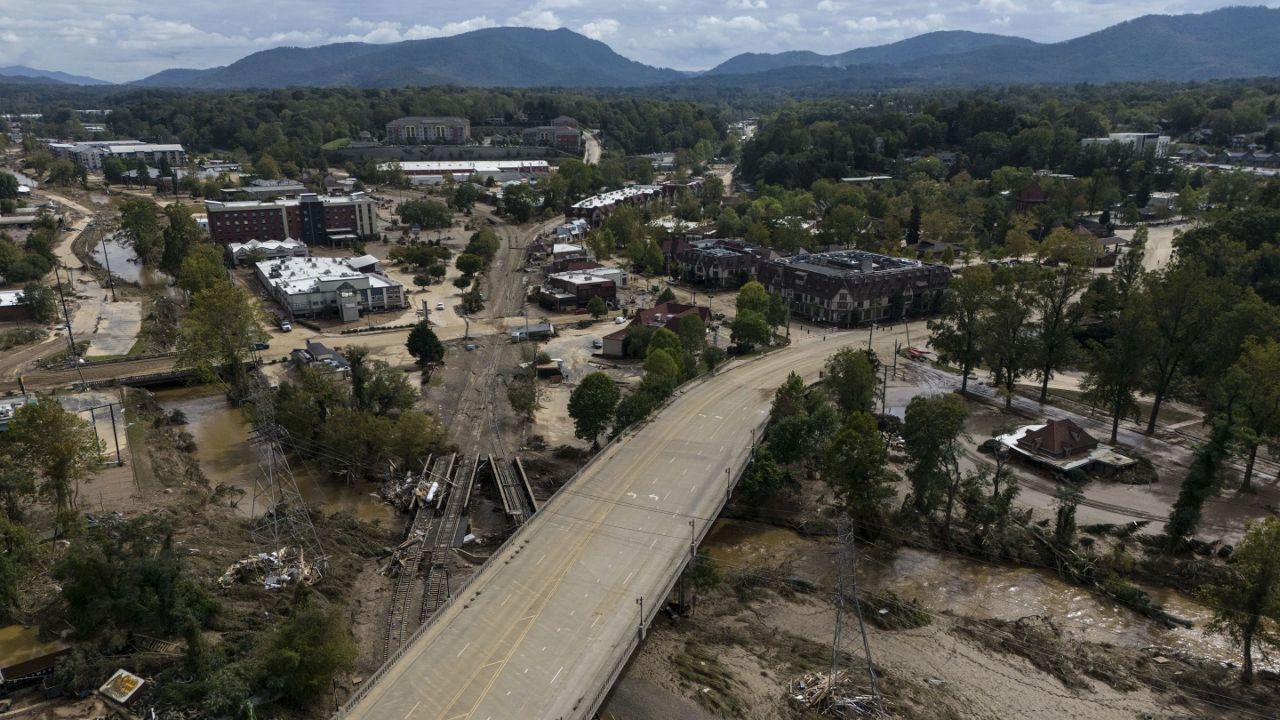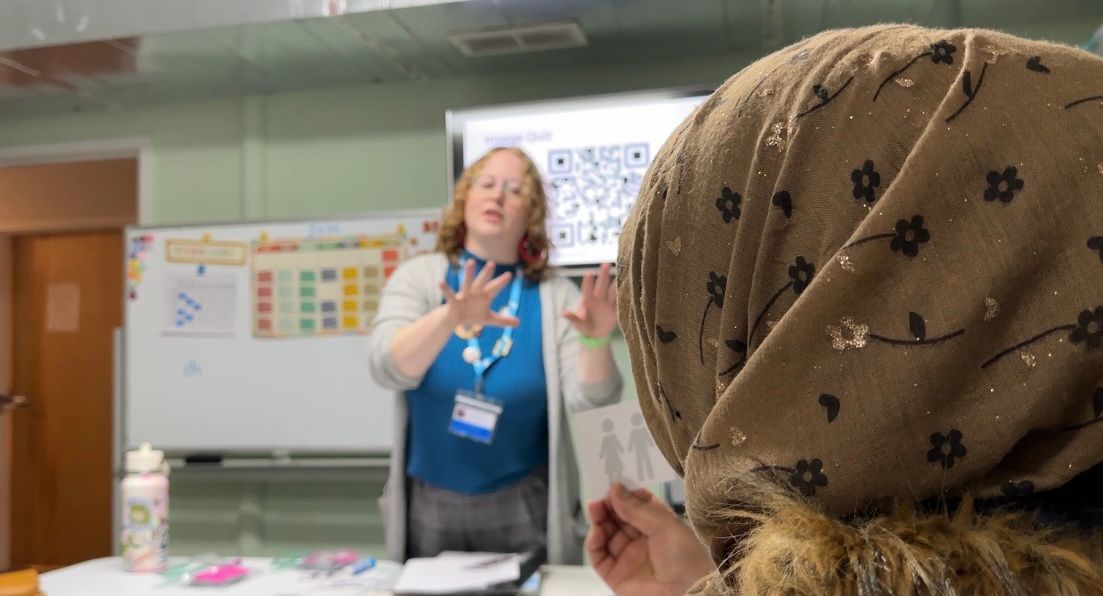GREENSBORO, N.C. — A second Greensboro park has been selected to receive a grant from the National Parks Service targeting disadvantaged communities.
Nocho Park in Greensboro will receive almost $9 million in combined funding and will be a national example of community engagement and planning. Two other North Carolina parks have won the competitive grant — John Chavis Memorial Park in Raleigh and Peeler Community Park in Greensboro.
What You Need To Know
- Nocho Park in Greensboro will receive almost $9 million in combined funding
- The park renovations will include a recreation center, library and Americans with Disabilities Act-friendly playground
- The park is being used as a national example of community engagement in planning
Shawna Tillery, the planning and project development division manager for Greensboro Parks and Recreation, says the Nocho Park project, in a historically Black neighborhood, will be transformative for the city.
Tillery has been working on developing parks so they better serve their communities and had a hand in the improvements for Peeler Community Park.
“We started doing the master plan for Peeler Community Park. We started in 2016. So we knew that this park needed some extra love," she said. "It hadn't had like a significant renovation to the outdoor perspective in a number of years. So we went through a level of community engagement to kind of get the residents that live around this community."
Through the feedback of the community, Peeler received major renovations of pollinator parks, new playgrounds, sports fields and more.
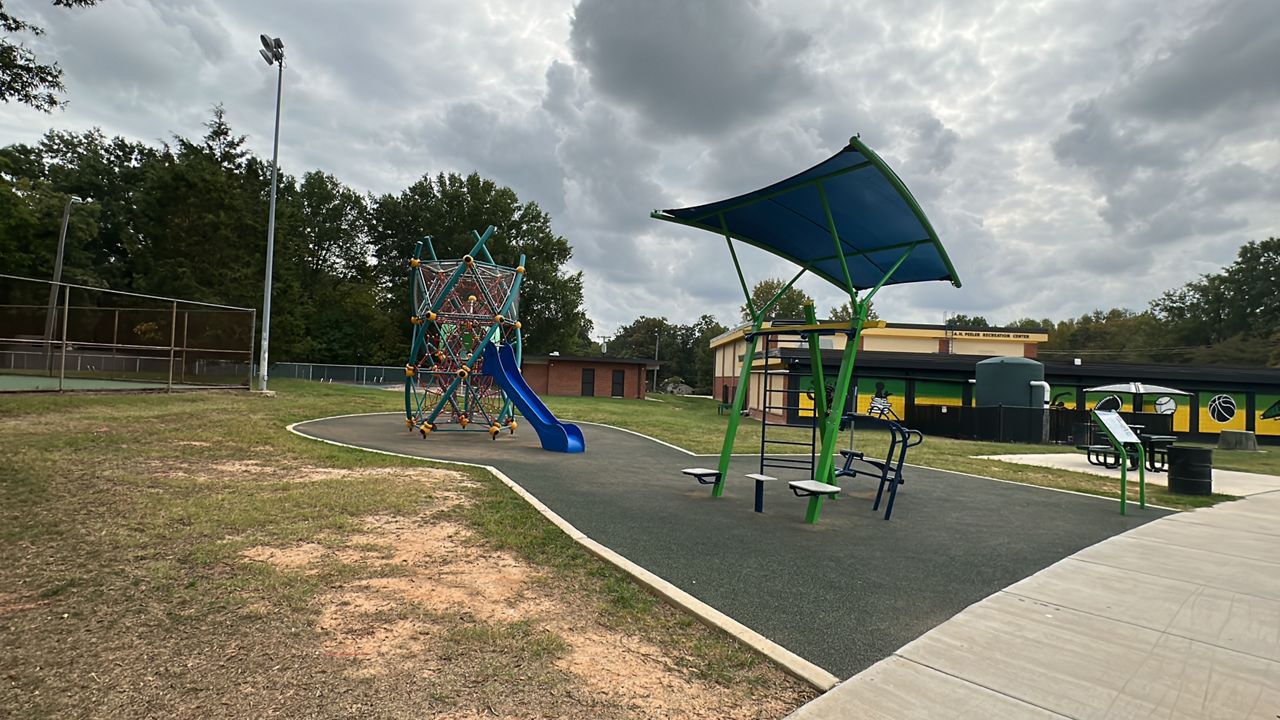
“So without voter support of parks and recreation bonds, we're not able to do things like this,” Tillery said.
Peeler was the second park in North Carolina to receive the awards through the Outdoor Recreation Legacy Partnership Program (ORLP), with funding from the U.S. Department of the Interior by the National Park Service.
The first was John Chavis Memorial Park in Raleigh, which received $747,600 in funding. Peeler got $600,000 in 2019 and Nocho Park received $4,384,285.83, according to a federal grants specialist with the N.C. Department of Natural and Cultural Resources. Because the federal money is a matching grant, Nocho Park is receiving close to $9 million.
“Being able to have that here and this particular community where we don't have another recreation center nearby is extremely important, specifically in disadvantaged communities where those resources are so key and so important,” Tillery said.
Officials say the grant is a competitive national program for low-income and impoverished communities with funding awarded to local governments through the N.C. Department of Natural and Cultural resources.
“Obviously folks that have a car can get here, but there's also public transportation. So there's a bus stop that's down on the corner. There's a bus stop that's across the street. So being able to have that access to transportation is key along with sidewalk connectivity,” Tillery said.
Nocho Park sits on almost 8 acres. The nonprofit Preservation Greensboro says the Nocho Park neighborhood began construction in the 1920s for middle- and high-income Black residents. The build included a park, the first modern medical facility for African Americans in Greensboro and a recreation center added in 1937, according to the nonprofit.
“It was a premier recreation destination for African Americans throughout the southeast. It had an almost lake-size swimming area,” said Tillery.
With the dollar-for-dollar match program, the Nocho Park construction cost will reach almost $9,000,000.
“Oh, it's going to be amazing because you're going to have these amazing places to have like Juneteenth festivals, our food trucks or any kind of like sporting kind of component," Tillery said. "You're going to have this opportunity for play and programing. You're going to have the recreation center, the park, the library, kind of all of those pieces combined."
She says besides an ADA-friendly park with eating areas and other features, the Windsor Travis Community Complex on the property will have an aquatic center with a lazy river, sensory room, healthy food and nutrition access, gymnasium, spaces for teens, children and more.
“It's also going to bring opportunity to get people outside that would traditionally maybe not come to a library or not come to a rec center, because we're going to have so much here and at the existing building, we're bringing government to the community and services to the community,” Tillery said.
She says her team has gathered feedback from all avenues, from going out in to the public for feedback and even her own kids.
“It's really cool though to see their interactions because when we do engagement or we get feedback, I mean, it's great to get it from adults, but when you're talking about stuff that kids are going to be using, you need to hear it from kids," said Tillery.
Tillery presented the Nocho Park project at the National Parks and Recreation Association Conference as an example of using community feedback in projects.
“Nothing is really combined from a service perspective like we’re going to do at this particular facility. So that’s what makes this unique and different,” Tillery said.
She believes parks in the future will be built with a multifaceted viewpoint and says she is excited to see the festivals and joy that will be showcased at the park.
“It's a place where everybody can come together and just enjoy what there is to offer. Everybody can play together. Everybody can be together. It's really, truly an investment for the Greensboro community and an investment for our city, our largest public investment ever to be able to make a transformation in the way that we interact with our residents," said Tillery.
North Carolina submitted four applications to the National Service this year for the ORLP grant and is waiting to hear back on other possible awards, according to the federal grants specialist of the natural and cultural resources agency.
Tillery says construction will take about two years and is set to break ground in summer 2024.






